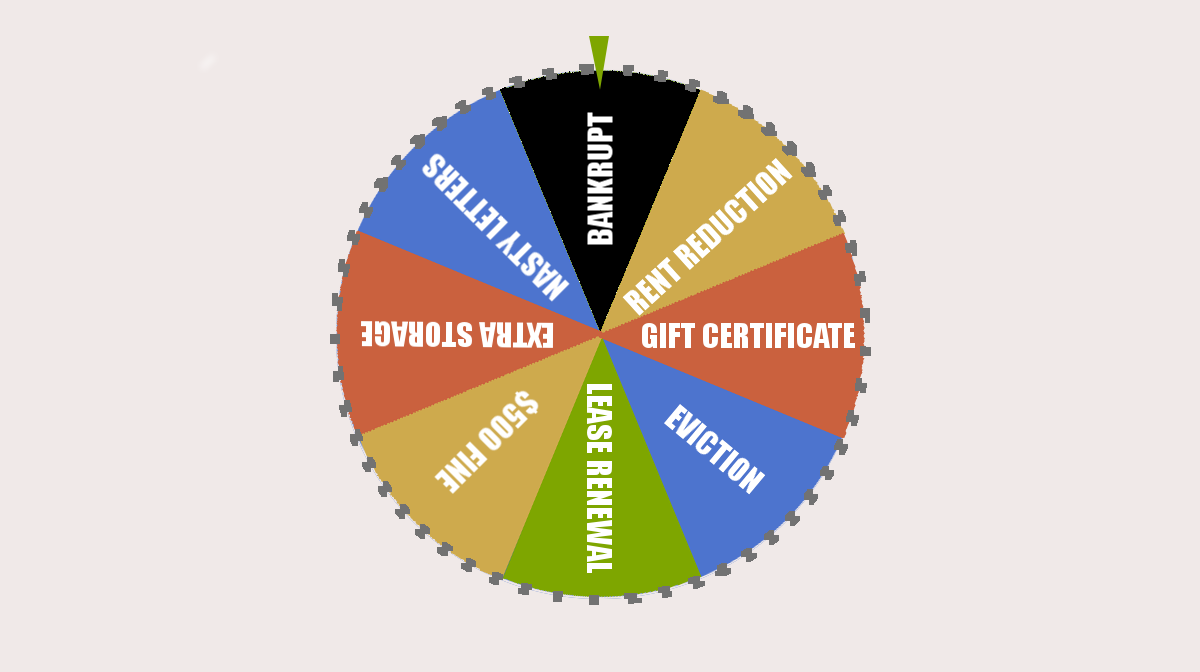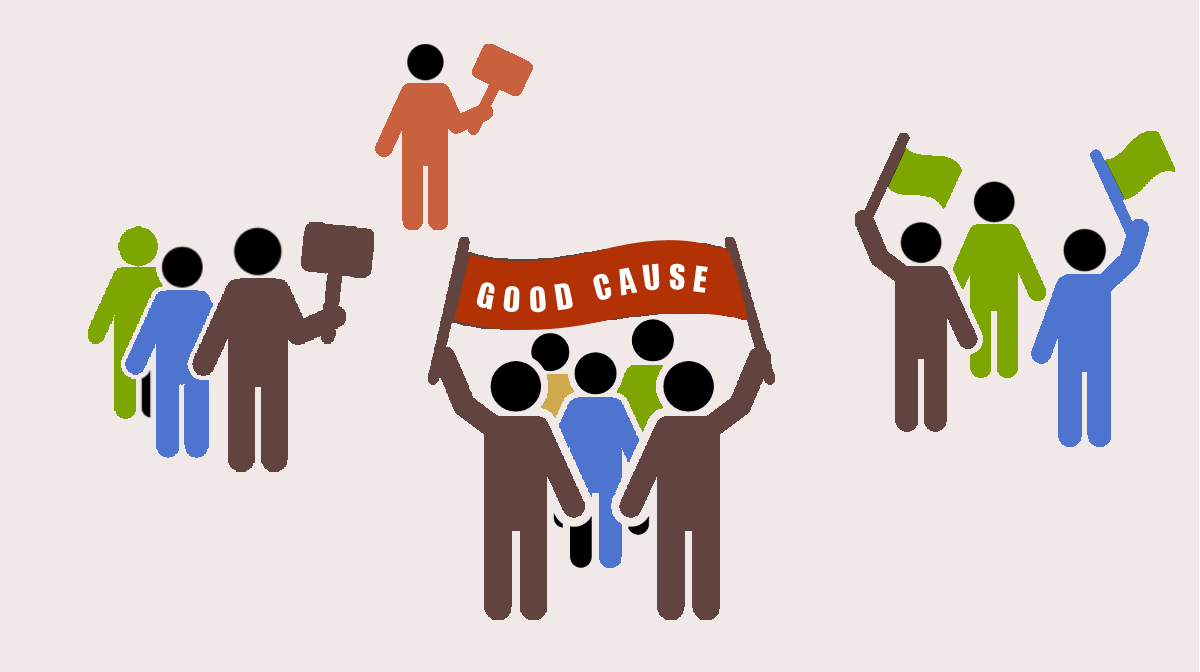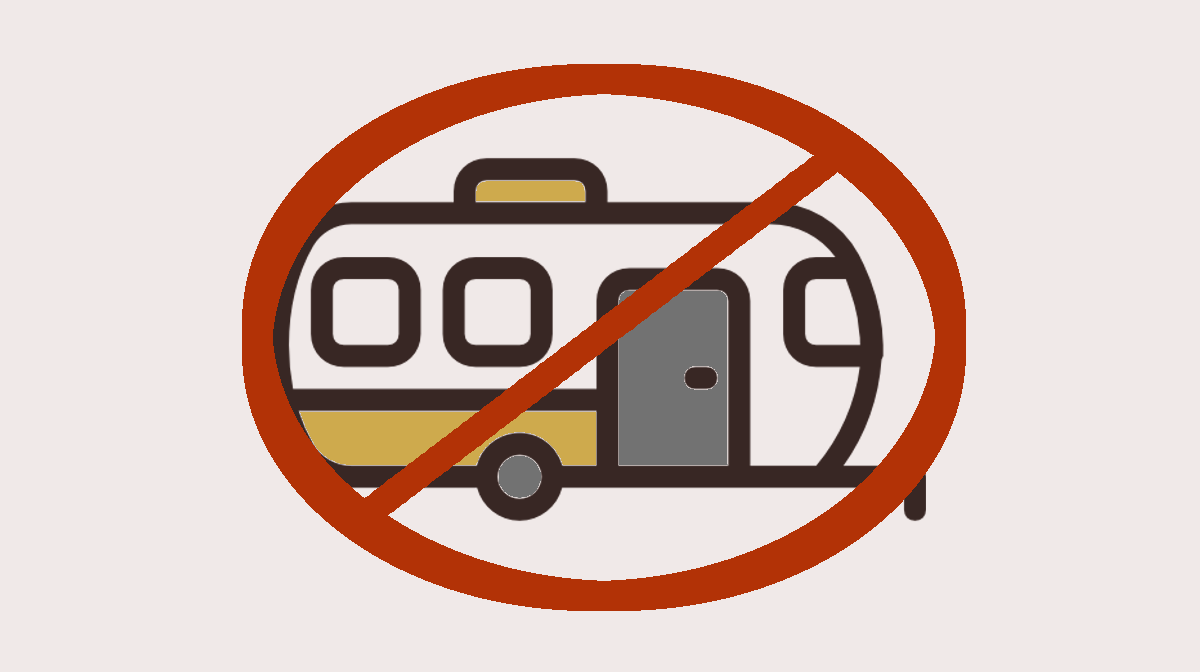When a Chicago renter signs a lease or a lease renewal they usually receive a whole raft of additional disclosures. Lease packets in the modern era can include as much as 50 pages of disclosures about health issues ranging from radon to sprinkler systems to bedbugs. Back in the spring of 2016 we ran a long series on the history of one of those disclosures, the summary of the Chicago Residential Landlord-Tenant Ordinance. Today we will be discussing the history of another one, the lead-based paint disclosure.
Next to the CRLTO summary, lead-based paint disclosures are probably the most consistent inclusion in a Chicago lease packet. By federal law, they must be included with every lease and lease renewal in residential buildings constructed prior to 1978 with the exception of senior housing. Most renters will also be familiar with the booklet titled "Protect Your Family From Lead in Your Home," which is published by the EPA in six languages and also must be included with every lease that requires a lead paint disclosure.
Benefits Outweighed Risks
Lead was known to cause severe health problems way back in the year 200 BCE. Descriptions of the effects of lead poisoning are found in medical texts dating back to the ancient Greeks, and reappear consistently from then on. Julius Caesar's engineers advised against the use of lead pipes in the Roman aqueducts because of their harmful effects. But until the late 19th century, lead poisoning was common among heavy drinkers, painters, laborers, the military and high society women, all individuals who consistently and knowingly exposed themselves to high levels of the substance. Continue reading The History of the Lead-Based Paint Disclosure






